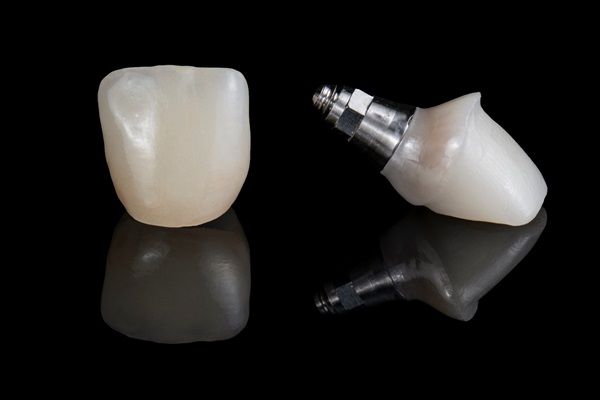4 Facts About Tooth Extractions
Curious about when tooth are needed? Read on to learn more. Tooth extraction is when the tooth is removed completely from its socket. Tooth extraction is hardly a procedure anyone looks forward to, but the majority of the procedures are fast and painless. So do not be alarmed if your dentist starts talking about extraction.
4 Facts about dental extractions
A dentist will try to preserve the natural teeth wherever feasible. However, there are instances when extracting a tooth is the best choice for a patient's dental health. Tooth extraction may be unavoidable in situations like advanced periodontal disease or severe decay, deformities, impaction, or severe damage to the tooth from an injury. A dentist may also recommend tooth extraction to create room on the jaw for orthodontic treatment, dentures, or dental implants.
1. Extractions can be simple or surgical
Whether the extraction is simple or surgical depends on the patient's problem. For example, someone with a fully erupted tooth that has cracked can expect a non-invasive procedure in which the dental professional will loosen the tooth and take it out with forceps.
On the other hand, an un-erupted tooth or a tooth that has fractured at the gum line may require that the removal of some bone around the tooth and the placement of sutures after the surgery. Both methods are common, and the dental professional will review the process before the extraction.
2. There are important steps to take before extractions
The dentist will likely review the patient's medical history before the procedure. While tooth extractions are usually considered safe, the dental professional needs to ensure no health problems put the patient at risk of infection. In certain instances, the dentist may suggest taking antibiotics before or after the treatment to reduce the risk of infection.
The dentist will also take x-rays. When it is time to extract the tooth, this information will assist them in making the best decision possible. Patients should arrange for a friend or family member to take them home after the operation since the effects of the anesthetic sometimes take time to wear off.
3. Sedation is typically provided
The process is the same for a simple extraction or a surgical extraction. The dental professional will begin by administering an anesthetic. In the case of simple extractions, the dentist would most likely administer a local anesthetic. A general anesthetic may be recommended for more complex extractions. In any instance, anesthesia is used to numb the tooth, jawbone, and gums surrounding the afflicted region to keep patients comfortable throughout the procedure.
4. It is critical to follow the dentist's after-care recommendations
Following the dentist's after-care instructions can help ensure a quick healing period and minimize the risk of complications like dry sockets. Recovery may take anything from a week to several weeks, depending on the procedure.
The bottom line
Although the idea of undergoing tooth extraction often leaves patients worried, these operations are usually painless. If you have any worries, discuss them with your dentist to help you feel as relaxed as possible throughout the treatment.
Request an appointment here: https://www.socalsmilecare.com or call SoCal Smile Care at (310) 856-9321 for an appointment in our Carson office.
Check out what others are saying about our dental services on Yelp: .
Related Posts
A tooth replacement procedure is necessary when someone has lost their natural teeth. Teeth play an important role in maintaining good health and oral functions like chewing and speaking, so tooth loss can be quite devastating. Fortunately, there are many tooth replacement options available today to replace missing teeth.Options available for those who have missing…
A new dental filling restores tooth structure, and smart aftercare helps it last. Understanding the importance of care and maintenance after you get a new filling can significantly improve your dental health and overall well-being. The following tips can help you maintain optimal oral hygiene to protect and extend the lifespan of your dental fillings. Patients…
An implant crown is made of strong and safe materials to give the patient a reliable long-term replacement option for missing teeth. If you have questions about the materials used to make an implant crown, this review can help you understand what exactly each component is made of and why dentists use these particular materials.There…
Teeth whitening works by applying a peroxide gel that lifts stains from enamel, the tooth’s outer layer. Custom trays hold the gel evenly against the teeth, promoting consistent shade change while limiting gel on the gums. As a general dentist, the focus stays on fit, concentration, and timing to help patients whiten gradually and comfortably.…






